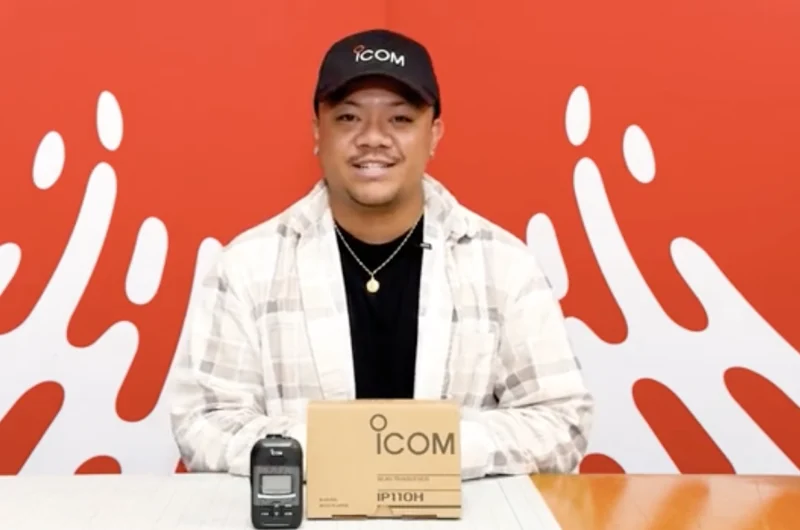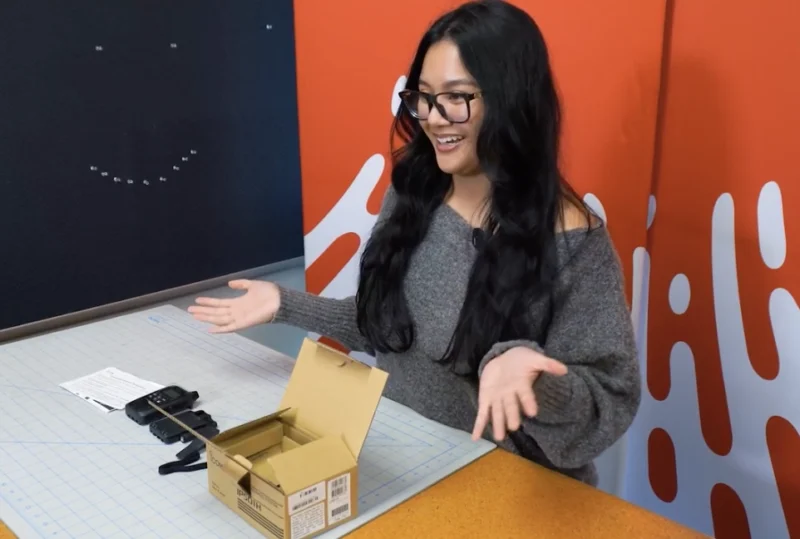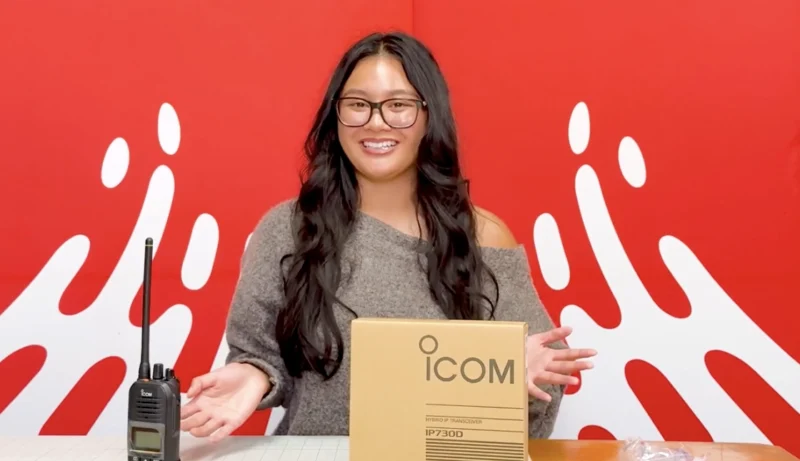Fast, Reliable, and Multi-Channel Radios Ensure Seamless Equestrian Event Coordination
As equestrian sports grow in popularity and scale, ensuring smooth and efficient event management is important. The U.S. Equestrian Federation oversees numerous events each year across various disciplines, reflecting the sport’s widespread participation and economic significance. These events demand flawless coordination among staff, officials, volunteers, and participants, making communication a crucial factor in their success.
But how do organizers ensure everyone stays connected, even at remote locations where cell service may be limited?
This episode of Radios in Action by Icom explores the complexities of event communication in the equine industry. Host Jon Paul Beauchamp sits down with equine industry consultant Danielle Aamodt to discuss how effective radio communication systems are vital to the seamless execution of horse shows. The discussion covers the essential role of radio communication at equestrian events, touching on the setup logistics, the need for multiple channels, and adapting communication strategies for different event sizes.
Key Points from the Episode:
- Importance of Speed and Agility in Communication: Radios provide immediate connectivity in areas where cell phone coverage may be inconsistent, offering a critical advantage over traditional mobile communication.
- Multi-Channel Communication Needs: Larger events require multiple radio channels to manage different teams, such as core staff, volunteers, and officials, ensuring clear and targeted communication for various event functions.
- Planning and Testing for Effective Communication: Organizers should conduct radio system tests weeks or even months in advance to confirm coverage and address potential issues, especially in new or large venues.
Danielle Aamodt brings a wealth of experience, having worked across various roles in the equine industry for over a decade. With a degree in equine studies from Centenary University and an MBA, she has held positions ranging from horse training and show management to leadership roles at the United States Equestrian Federation. Currently, she works with the Mustang Heritage Foundation, helping to domesticate and support wild horses. Danielle’s diverse background provides her with a unique perspective on the logistical demands of equestrian events.



